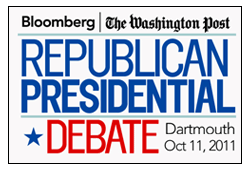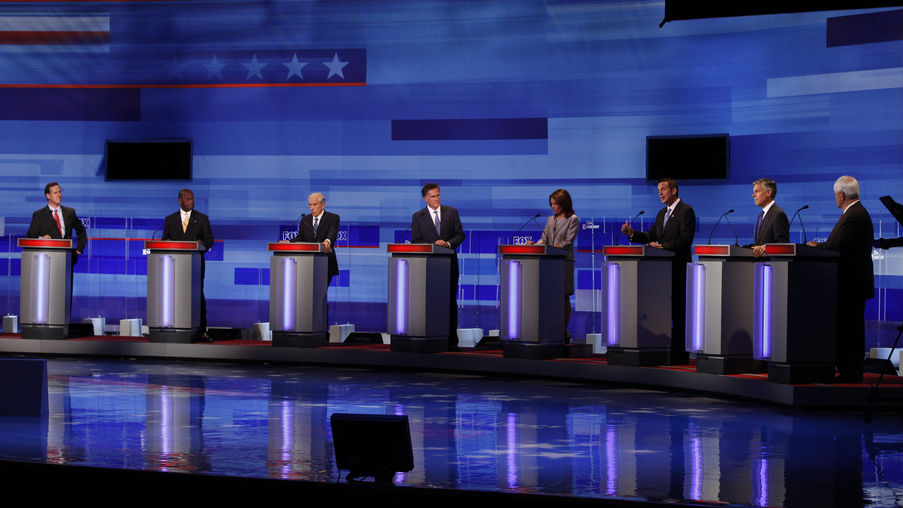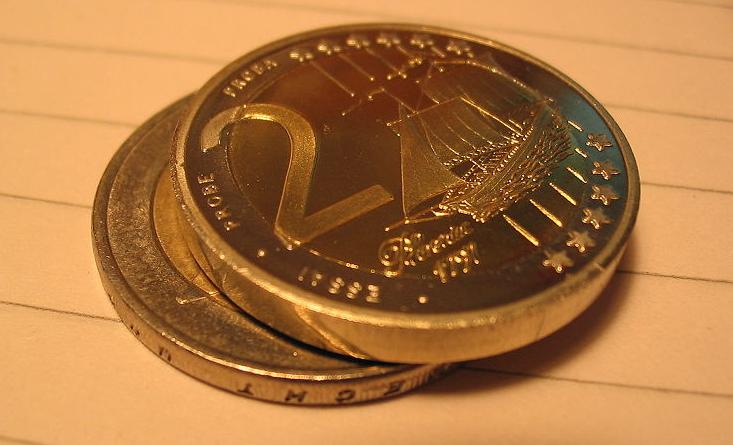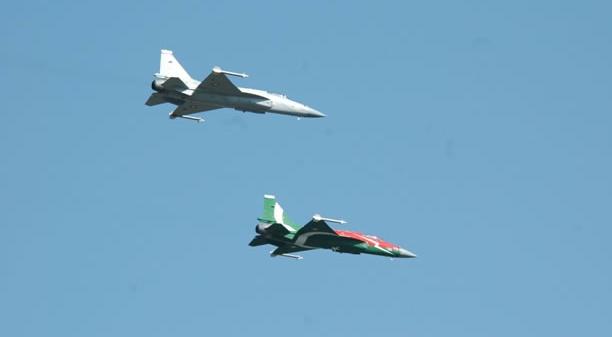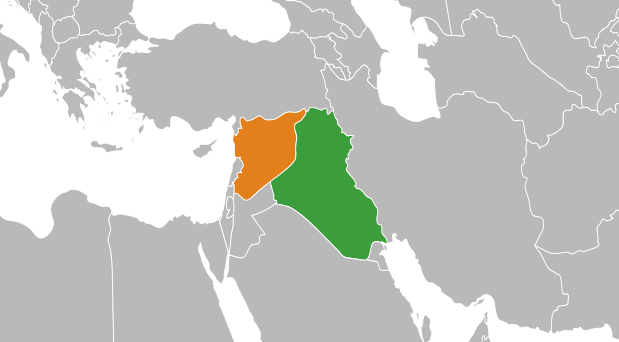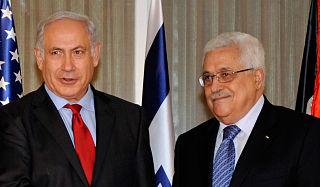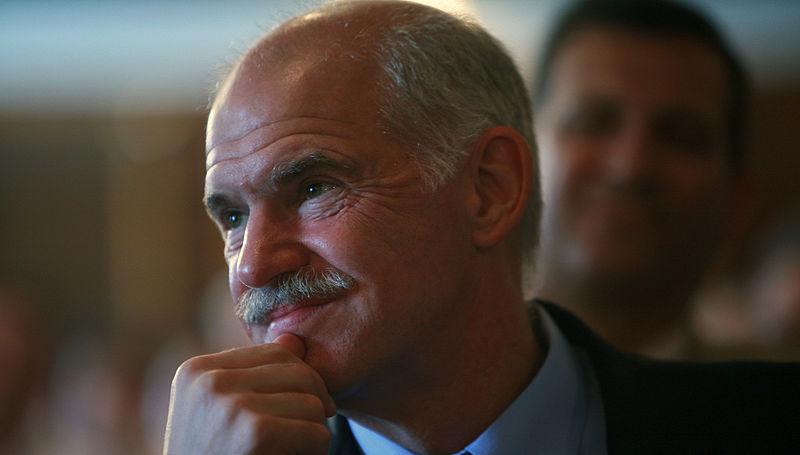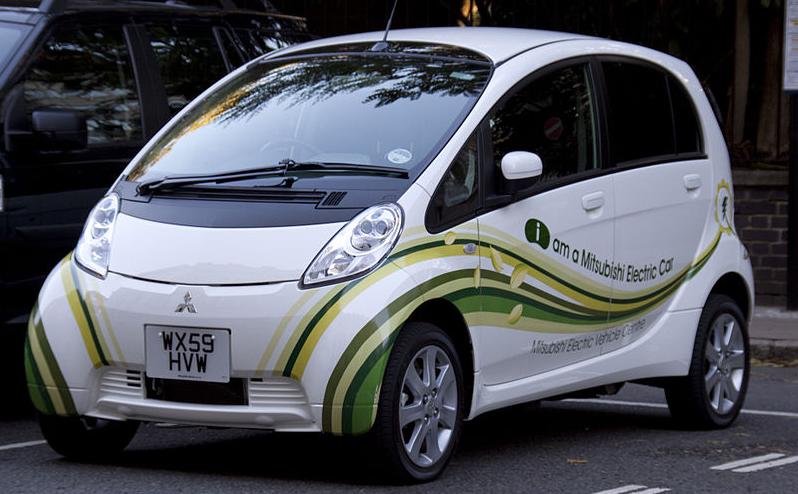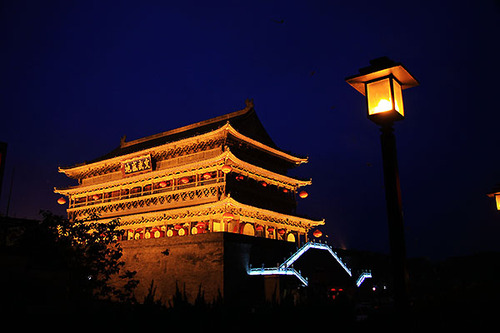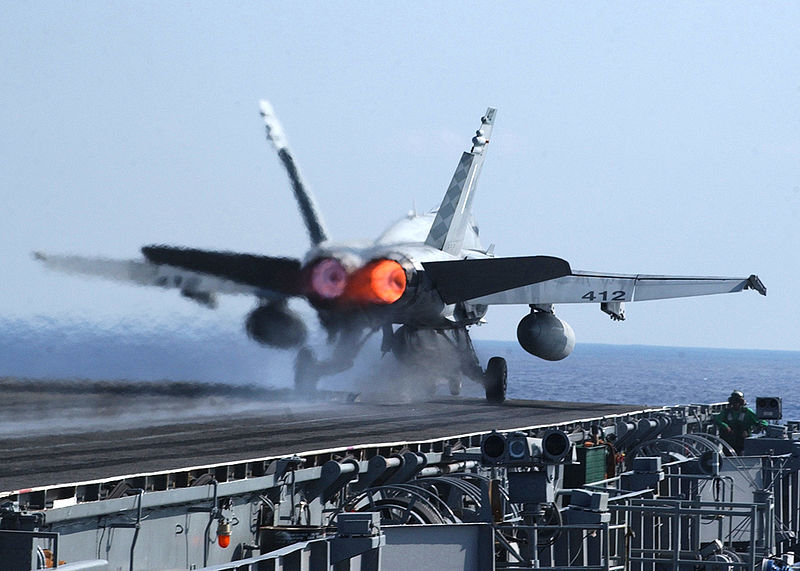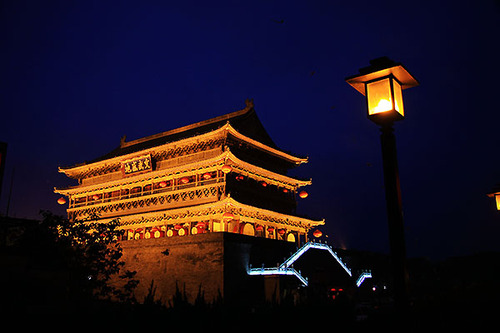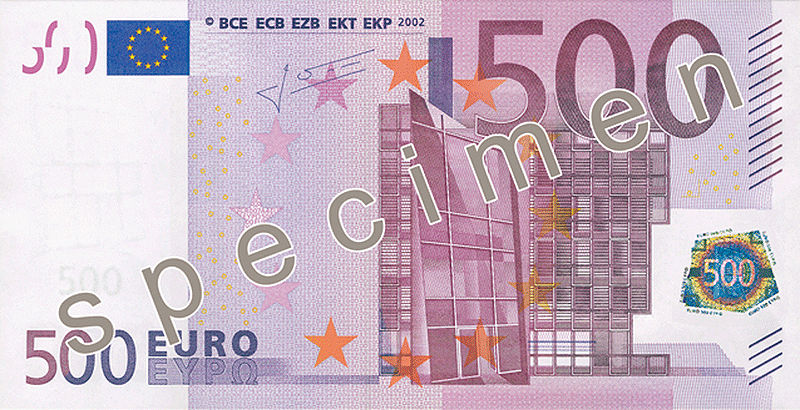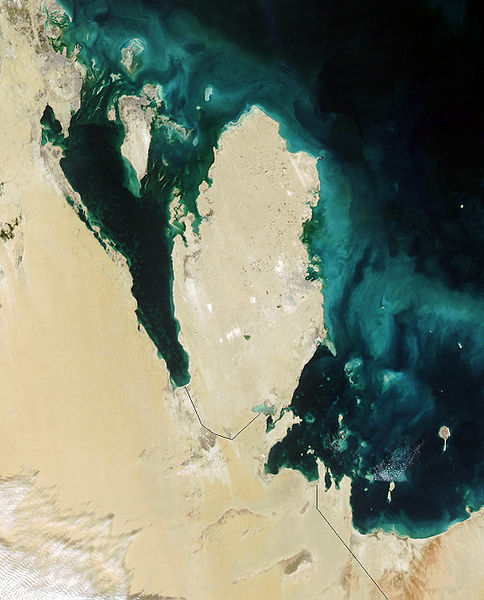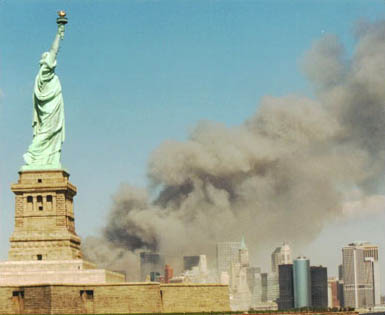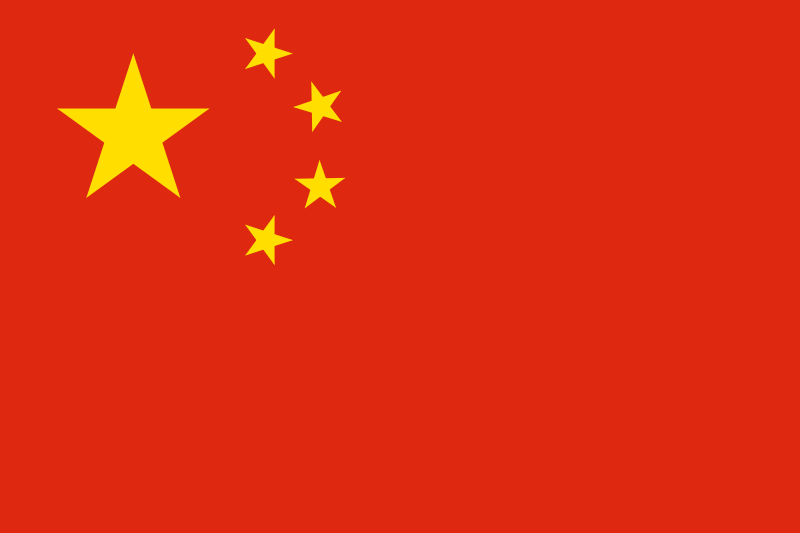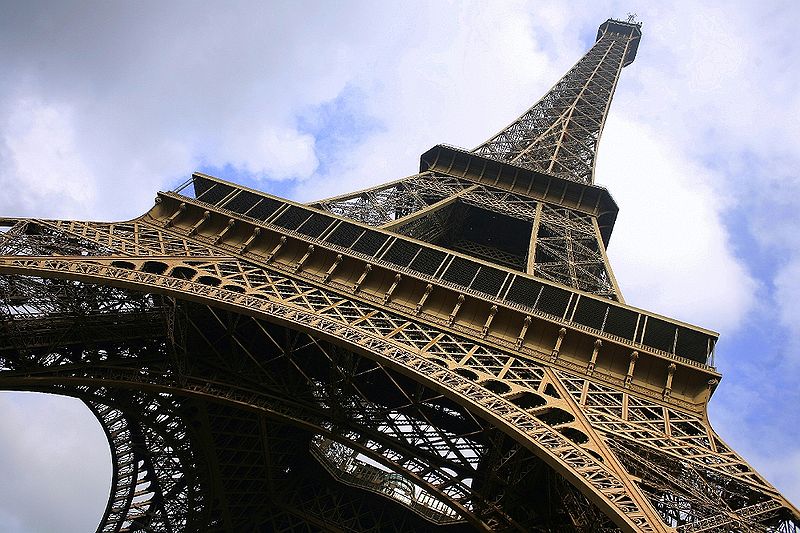Politics & Current Affairs
All Stories
Tonight’s Republican Presidential Debate at Dartmouth College will feature a pre-debate panel discussion, exclusively co-sponsored by Big Think and Dartmouth College. This discussion will stream LIVE right here at 5pm […]
Tonight’s Republican Presidential Debate at Dartmouth College will feature a pre-debate panel discussion, exclusively co-sponsored by Big Think and Dartmouth College. This discussion will stream LIVE on Peter Lawler’s Rightly […]
Most people are not aware of the ease with which governments—free, open and so-called democratic—can access and peruse our private communications.
Is desire for cultural relevance the driving force behind Facebook and Google’s unprecedented involvement in the presidential contest?
Stocks jumped on France and Germany’s pledge to solve the European banking crisis but German observers tell a different story. Banks are full of bankrupt government bonds, they say.
Former Pakistani President Pervez Musharraf insists he knew nothing of Osama bin Laden’s whereabouts inside his country. Let’s hope he’s lying. The alternative would be much worse.
While other Arab states have downgraded ties with Syria, Iraq has moved in the opposite direction, hosting official visits, signing business pacts and offering political support.
Israel has become “increasingly isolated” in the Middle East because of its deteriorating relations with Egypt and Turkey, as well as the political tumult triggered by the Arab Spring.
The Greek government acknowledged that it will miss its deficit target this year and move ahead with plans to slash thousands of public-sector jobs to meet creditor demands.
Hot on the trail of Paris’ bicycle sharing scheme comes Autolib, a car-sharing idea that the city claims is a world first. Owning your own car, says the transport authority, is just so passé.
Like teenagers with their first credit card, local Chinese officials armed with cheap state loans and money from land sales are splurging on lavish projects of dubious value.
The point of Facebook has always been to make friends. Now it wants to buy some—so long as they are American politicians—thanks to the company’s new political action committee.
Thunderous applause followed Palestinian Authority President Mahmoud Abbas’ speech at the U.N. asking for statehood. But what will the bid for recognition really accomplish?
The growing influence of Arab public opinion on the actions of Arab governments will make it much tougher for the United States to pursue its traditional policies in the region.
The Chinese government will launch a test module next week for the 60-ton space station it hopes to send into orbit by 2020. The unmanned module will be called the “Heavenly Palace”.
[This article appeared in the Daily Mail] The British people understand what politicians and diplomats euphemistically refer to as ‘realpolitik’. They accept that sometimes their leaders have to sit down […]
Weary after two uprisings and years of failed negotiations, Palestinians are taking a sober view of the bid for statehood recognition at the United Nations this week.
During a meeting in San Francisco last week, American and Australian authorities worked to renew a strategic alliance that will give the U.S. access to Aussie military training areas.
To meet China’s #1 goal of growth, the government is investing heavily in infrastructure. This entails building new cities where nobody lives and whose property is owned by speculators.
We need more effective mechanisms for getting mentally ill patients back into the community which is free from political interference, says a nurse who manages psychiatry wards.
The financial crisis and its excesses have spurned alternative banking initiatives. One of them is ethical banking, which stands for total transparency and invests only in the real economy.
The rest of the euro zone is losing patience with Greece. Germany is even working on scenarios exploring what would happen if Greece left the euro zone.
In what some see as the opposite of globalization, many Gulf countries have been investing in foreign farmland, mainly in fertile Africa, to serve as their bread basket.
On September 11, 2001, Americans were challenged, we were assaulted, we were able to turn to each other and ask for help. And that “is one of the greatest testaments to what it means to be an American.”
With 70 percent of Japanese now saying they want to phase out atomic energy, legislators have passed a bill to subsidize wind and solar power.
After the 9/11 attacks, the U.S. had a golden chance to galvanise the world against terrorism—but failed to do so, writes a retired CIA counter-terrorism director, Robert Grenier.
While the U.S. can expect sustained efforts to slash the defense budget, it faces a growing strategic challenge: China has been engaged in a rapid and wide-ranging military buildup.
Representatives from more than 30 countries and multilateral organizations are meeting in Paris to discuss how to assist in Libya’s democratic transition process.
The N.A.T.O. intervention in Libya which emphasized airstrikes to protect civilians may become a model for how the U.S. wields force in other countries where its interests are threatened.
There are 198 drugs—including critically needed antibiotics, cancer drugs, diuretics, sedatives, stimulants and vaccines—in short supply in the U.S.
